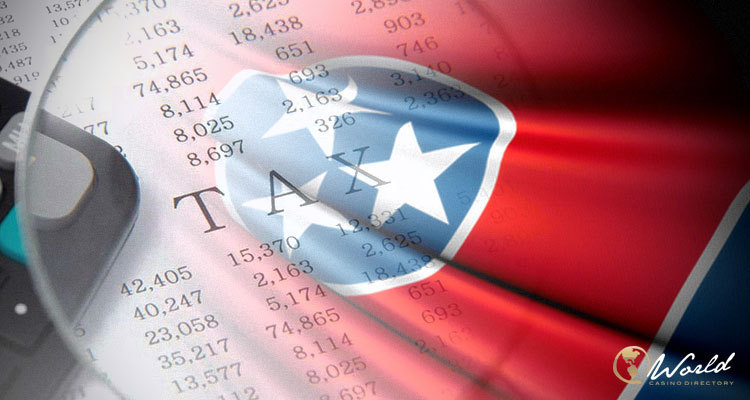The State of Tennessee announced changes in the sports wagering market as its legislators passed the SB 475 Bill on Friday to change the state’s mobile sports betting tax system. The Bill will amend the existing tax rate of 20% imposed on adjusted gross revenue into a 1.85% tax generated from an operator’s handle.
SB 475 Bill Passed:
As Sports Handle reports, the SB 475 Bill sent to be signed into law by Gov. Bill Lee, will eliminate the state’s controversial rule that required mobile sportsbook operators to have a 10% revenue hold each month. The legislators reportedly proposed a change to prevent operators to skirt the rule by paying fines when they fail to meet the requested 10% mark by bringing a unique taxation arrangement to Tennessee‘s sports betting market.
The First Handle Tax in the U.S.:
Also, the bill prohibits sports wagering operators from deducting payouts and other operating expenses from gross generated revenues. Unlike all other states that request tax contributions to be paid from gross generated revenues through the EBIDTA process including payments of interest, depreciation, taxation, and amortization costs, the new legislature in Tennessee will require sports betting establishments to make the designated tax contributions from an operator’s handle. This will reportedly be the first handle tax in the U.S.
The change in the tax system is supposed to increase revenue for the state regardless of the recent tax revenue figures showing that a 1.85% handle tax might bring in lower tax revenue levels. For example, the state of Tennessee received $ 22.4 million in tax revenue from mobile sportsbooks in the first quarter of 2023. If the 1.85% handle tax were applied, the state’s revenue would have amounted to $ 20.9 million or $ 1.5 million less.
It means that the fiscal year 2023 which started on July 1, 2022, has brought $65 million in tax revenues to the state to date, with the tax having been collected from the operators’ gross gaming revenues. If the handle tax were in place over the given period, the state would have collected $ 58.1 million or almost $ 7 million less.
Handle vs Revenue Tax:
However, the state may generate higher tax revenues if the operators continue to generate monthly handles at constantly high levels. As the fiscal year 2023 has so far included Tennessee’s top five monthly handles in the post-PASPA period, tax revenue figures may differ for the state’s benefit. Such revenue levels would stem from the SB 475 Bill soon to be signed into law.
It would be the main achievement of the state representatives proposing the bill. Bill SB 475 promises higher revenue levels for the state provided the handle is kept constantly high which is the main contingency surrounding Tennessee’s introduction of the completely new sports betting tax system at a national level.
But both the state and the sportsbooks may benefit from the measure as one may expect that the state regulators will fully support the sports wagering establishments to push handle to higher grounds and ensure protection and development of the gambling sector.
As an indication of such a direction of the state policy, the legislators reportedly used the last week’s session to change licensing rules and require vendors to only register every three years rather than annually at an annual fee of $150,000. Operators with a handle exceeding $ 100 million in the prior year will pay the license renewal fee of $750,000, and those with a handle below $100 million will pay $375,000 for the same purpose.
